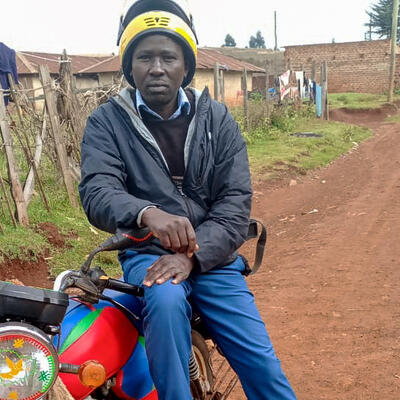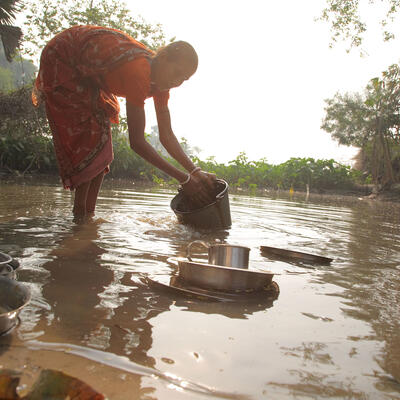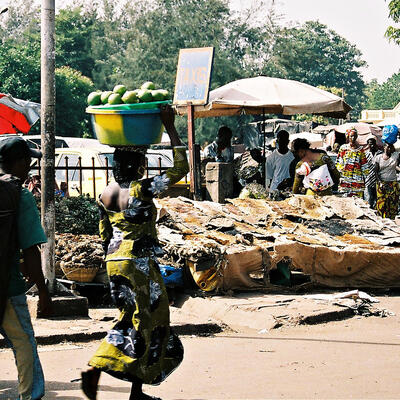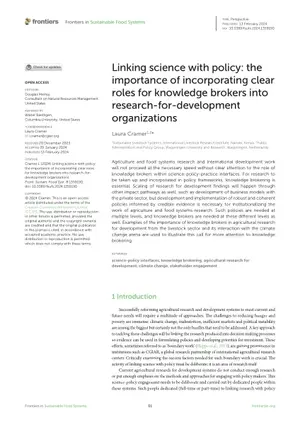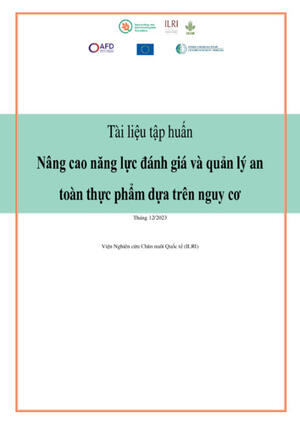
Gender, Agriculture, and Assets Project (GAAP)
Being able to access, control, and own productive assets such as land, labor, finance, and social capital enables people to create stable and productive lives. However, men and women have different access to and control over assets. This includes both tangible assets (such as money, livestock, land and so on.) and intangible assets (education, social networks and so on). Yet relatively little is known about how agricultural development programs affect men's and women's access to and control over these types of assets. For example, certain programs may provide resources to the household head (usually a man) thus the program may contribute to an overall widening of the gap between men's and women's assets. Other projects may exclusively target women and this may lead to an increase in women's control of assets relative to men. On the other hand, exclusive targeting to women may lead to men appropriating women's assets as they increase in value. In other instances men may effectively control women's assets even while women are the nominal owners. There is a lot we simply do not know about how agricultural development programs affect the gender asset gap between and across rural contexts.
The Gender, Agriculture, and Assets Project (GAAP) is jointly led by the International Food Policy Research Institute (IFPRI) and the International Livestock Research Institute (ILRI) to better understand gender and asset dynamics in agricultural development programs. GAAP core team members works with agricultural development projects in South Asia and Sub Saharan Africa to:
- Identify how development projects impact men's and women’s assets.
- Clarify which strategies have been successful in reducing gender gaps in asset access, control and ownership.
- Improve partner organization's abilities to measure and analyze qualitative and quantitative gender and assets data in their Monitoring & Evaluation (M&E) plans for current and future projects.
Through a competitive process, eight different agricultural development projects from throughout South Asia and Sub-Saharan Africa were chosen to be a part of the GAAP portfolio (see GAAP Portfolio for specific project information). Each of these partner projects receive a grant from GAAP that allows them to conduct additional quantitative and qualitative research to look at how how men’s and women’s assets change over the life of their particular project. In addition, GAAP core team members from IFRPI and ILRI provide training and technical assistance to each partner project in the GAAP portfolio on qualitative and quantitative gender and asset research methods. An additional ninth project was added to the portfolio to receive capacity building training, though not research funding.







